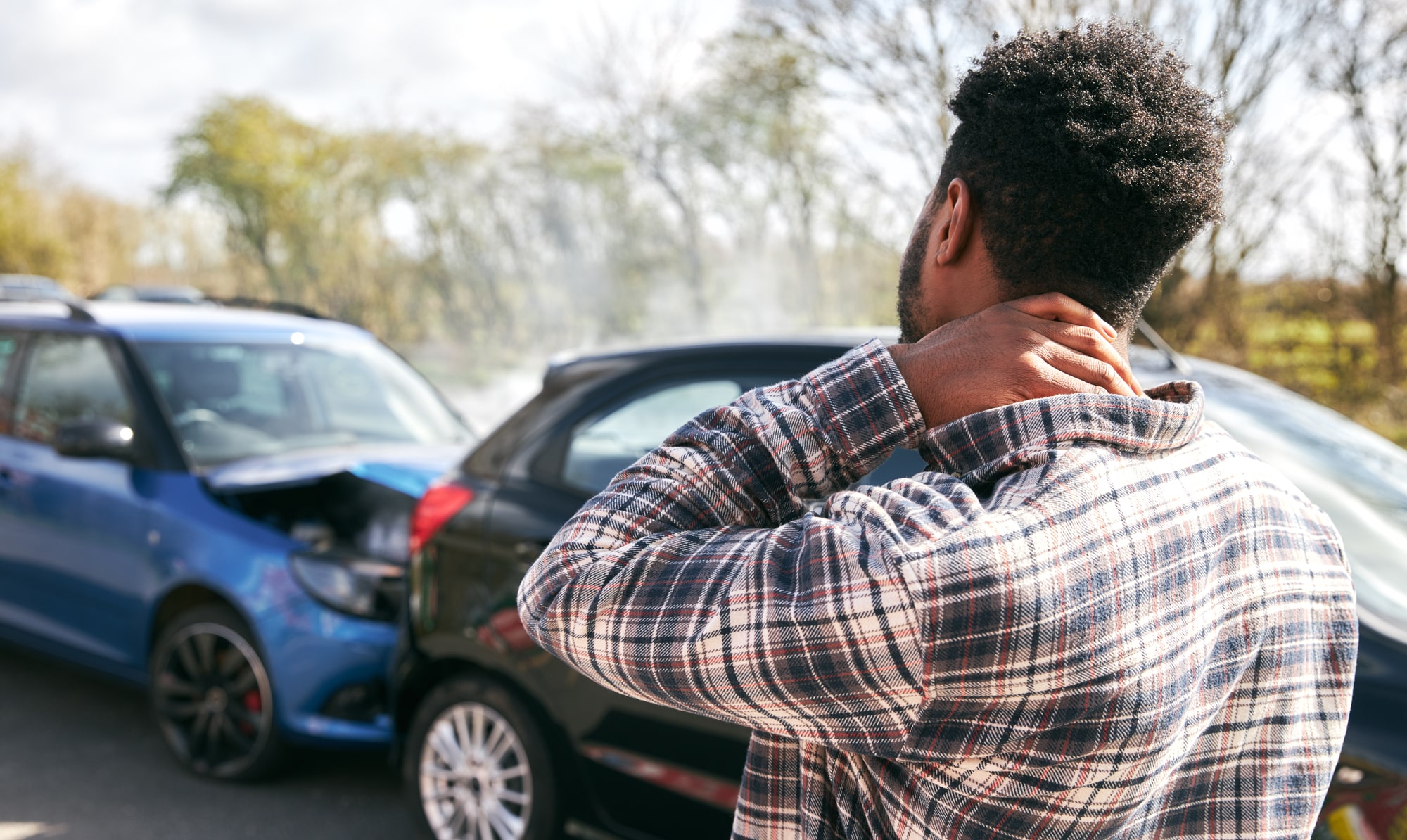
When you’re involved in a car accident, one of the first questions that comes up is: Who is at fault? Determining liability is a crucial part of any auto accident case. It affects everything from insurance payouts to legal claims. In this post, our Indianapolis, IN auto accident lawyer walks through how liability is determined and what factors are considered along the way.
Police Reports And On-Scene Evidence Matter
Right after an accident, police officers typically arrive to assess the scene. They collect statements, take photos, and write a report. That report often includes an opinion about who caused the crash. While not legally binding, insurance companies and courts often consider it a key piece of information.
Photos from the accident scene, vehicle damage, skid marks, and weather conditions all play a role in establishing what happened. This physical evidence can be used to support or challenge statements made by the drivers involved.
Witness Testimony Helps Build A Clearer Picture
In many cases, neutral witnesses provide helpful information. If someone saw the crash and can describe it clearly, their statement may influence how liability is determined. Insurance adjusters and attorneys look for consistency across witness statements, police reports, and physical evidence to build a strong case.
Traffic Laws Are A Major Factor
Traffic violations often point to fault. If one driver ran a red light, failed to yield, or was speeding, that can weigh heavily in determining liability. The specific laws that apply depend on where the accident occurred.
Comparative Fault Can Impact Liability
Some states follow a comparative fault rule, which means more than one person can be held responsible for a crash. In these situations, liability is divided by percentage. For example, if one driver is 70% at fault and the other is 30%, compensation may be reduced accordingly. Knowing how your state approaches shared fault is essential to understanding how much compensation may be available.
Insurance Company Investigations Are Independent
Even if a police report suggests one driver is at fault, insurance companies often conduct their own investigations. They review evidence, contact witnesses, and sometimes send adjusters to inspect vehicles. It’s not unusual for different insurers to come to different conclusions about liability.
What We Do To Support Our Clients
Our experienced attorneys gather and organize all relevant evidence to present a clear and accurate picture of what happened. This includes reviewing reports, gathering witness statements, analyzing vehicle damage, and consulting accident reconstruction when needed. Our goal is to present the strongest possible case for our clients, whether during negotiations or in court.
Let’s Talk About Your Situation
If you’ve been involved in a crash and aren’t sure who’s at fault—or if another driver is wrongly blaming you—we’re here to help. Our team at Ward & Ward Personal Injury Lawyers understands how to approach each case thoroughly and fairly. Contact us today for a free consultation. We’ll review your case and discuss the next best steps based on your unique circumstances.


